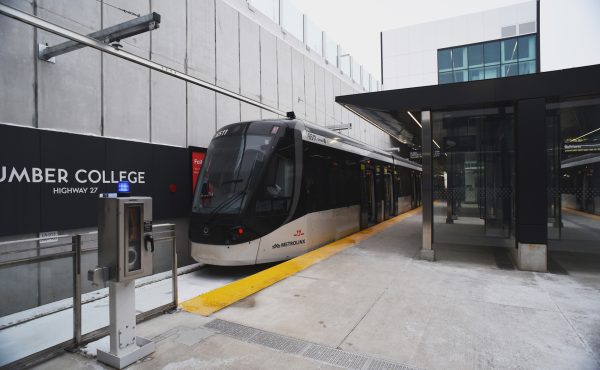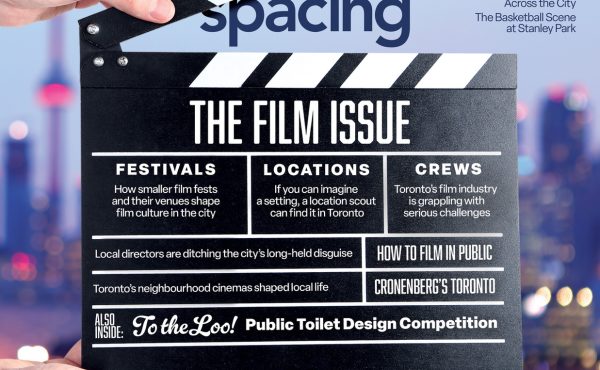
Crossposted to Transit Toronto.
Last week, the Toronto Budget Advisory Committee voted down a proposal to purchase new streetcars rather than rebuild 96 streetcars before they reach the end of their life. The move, while it may save money in the short term, suggests that the Budget Advisory Committee is being penny wise, but pound foolish. Transit activist Steve Munro is even more blunt:
I am beginning to wonder whether we should just get rid of the TTC and City Council, including the Mayor, and just appoint the members of the Budget Advisory Committee as transit dictators for life.
…
City Council and Mayor Miller need to understand some very important facts if they do not find a way to reverse this policy:
- There are no spare vehicles with which to improve service despite an ongoing 3% increase in demand on the system.
- There are no vehicles with which to expand the system.
- There will be no accessible streetcars with which to run a World’s Fair shuttle. Maybe this will be another possible application for Swan Boats (for which see the “Fantasy†section of this site).
- The streetcar system will not be fully accessible until almost the last possible date before this would be fully mandated in the mid 2020’s.
- We may have to close at least one streetcar line to get enough vehicles to run the rest of the system.
- There is no question that Toronto has some serious budgeting problems, but Council has its head in the sand if it thinks we can keep putting off significant transit expenditures like this.
My challenge to Mayor Miller is this: Make this happen, and make it happen before your re-election.
There have already been cases where the inability to spend money now has led to increased costs in the future — for example, the delay in the repaving of roads has resulted in far more costs months down the line once the roads have been allowed to deteriorate. The decision to simply rebuild rather than replace the TTC’s streetcar fleet amounts to another such decision.
In other news, we have written earlier on the question of whether the TTC should rely primarily on Bombardier to replace its subway and streetcar fleet. This question has returned with a vengeance once a Bombardier VP made the mistake of shilling for a fundraiser for TTC vice-chairman Adam Giambrone.
While Mr. Giambrone is taking some heat by this appearance of impropriety (it has since been stated that the Bombardier VP was acting on his own), the idea that the money that Toronto spends should be spent as locally as possible is finding favour. Steve Munro weighs in on this question and provides some historical context, and the comments to this post on Spacing’s Wire are an interesting read. While there is plenty of support for saving as much as $180 million on new subway cars, many others believe that the $180 million premium is worth spending if it means jobs for Thunder Bay instead of in China.




6 comments
The Toronto Budget Advisiory Committee sounds an awful lot like the Ontario Municipal Board, if I understand correctly. Having the power to do what they damn well please…
them’s fightin’ words!
although i love how it says “make it happen before your re-election” 🙂
maybe toronto should spearhead something like this for all of ontario:
http://www.mfa.bc.ca/
bc has had this for 30 years, and now its cities borrow at stupid low rates.
also, ’cause this is, in effect, a credit union for cities, any profit is returned to them.
mayor miller: take a peek; you might be surprised.
m.
ps. is he at the WUF3 in vancouver now?
those streetcars look scary.
The Budget Advisory Committee needs to stop nickeling and diming. Wasting money refurbishing old streetcars instead of buying new ones is short-sighted and foolish. Toronto’s streetcars are old, insufficiently small for the number of passengers they transport, and completely inaccessible to wheelchairs and strollers. There is only so much life that refurbishment can pump into old streetcars; new streetcars will require less maintenance and will last longer than the ~10 years that refurbished streetcars will last. The City of Toronto has no choice, in the face of massive downloading and delayed expenditures, but to increase property tax rates.